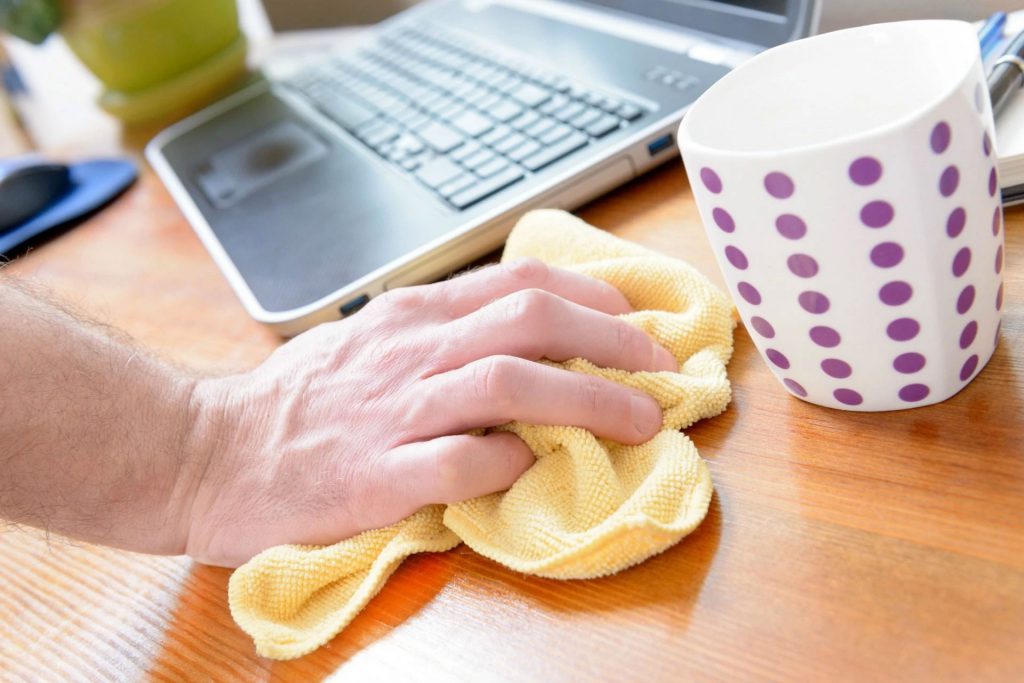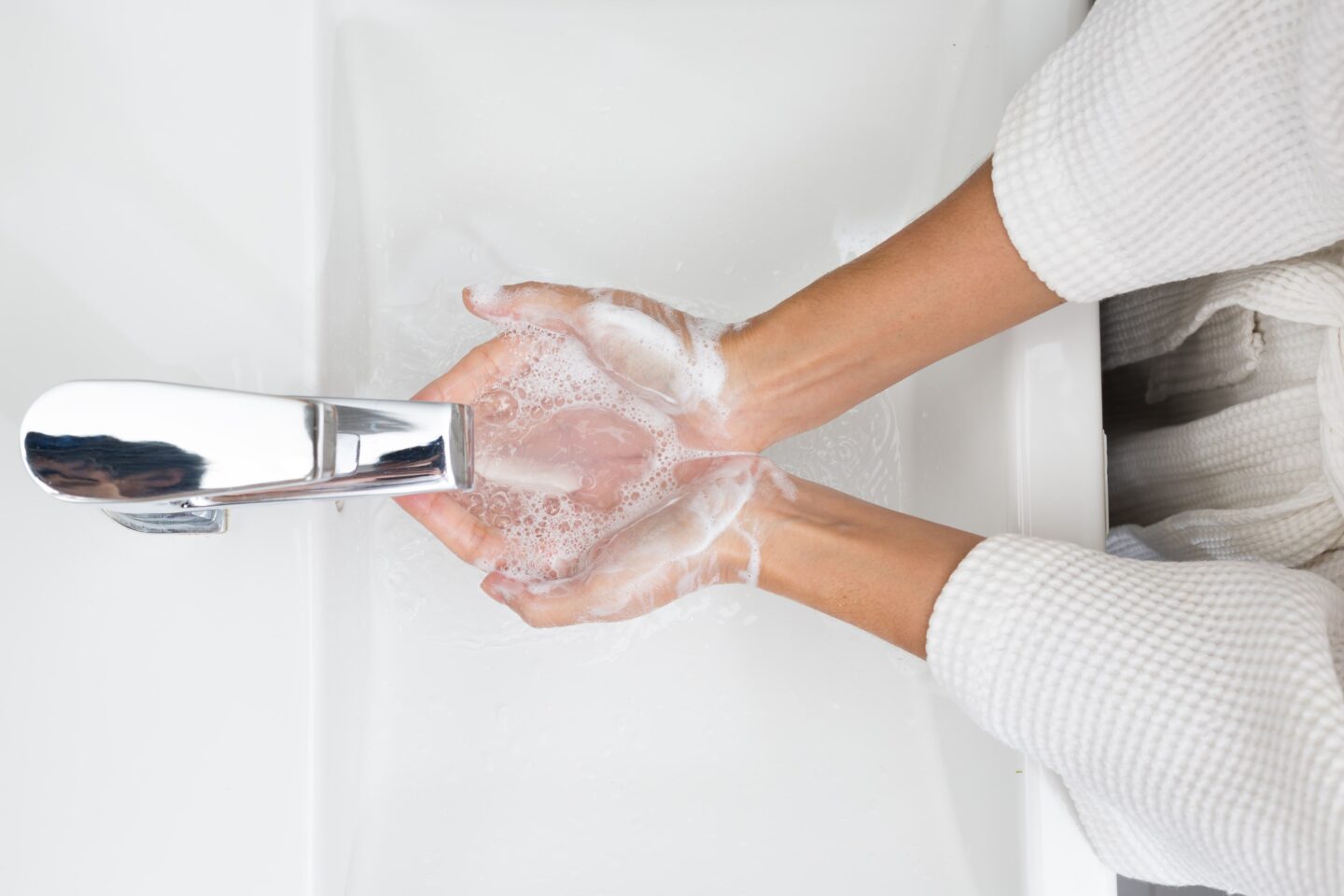Tips to help you stay squeaky clean and stress-free in the age of the coronavirus pandemic
Most employees don’t consider taking a toilet break as a complicated activity, yet today, in the age of the coronavirus pandemic, the simple task of popping to the washroom has changed into a carefully managed operation. As your trusted guide, Staples will walk you through the new wash room recommendations, the area of your building that includes bathrooms, shower facilities and locker rooms.
Ensure a clean environment
A study published by The Lancet Microbe, a research journal on microbes, established how long it takes for the coronavirus to disappear from different surfaces. It took 2 days for cloth and wood and 7 days to vanish from plastic and stainless steel. Scientists have learnt that the Wuhan strain of coronavirus was able to spread fast because it can survive on surfaces, especially frequently touched objects and surfaces like toilet roll holders, washbasins, cubicles, toilet door handles, and soap dispensers. Employers must recognise that their washrooms are part of an increased cleaning frequency and rework their hygiene strategy to improve the logging of cleaning activity.
Stock up on hand soaps and santisers here!

Promote good hand hygiene
Everyone is now aware that hand hygiene is a priority and regular washing helps prevents the spread of coronavirus. The spread of micro-organisms, the collective name for bacteria and viruses that cannot be seen with the naked eye, is 80% transmitted by our hands. Due to this transference of micro-organisms by the hands, it is vital to minimise the times a surface gets touched. The clean key can help with the opening of doors and touching of equipment for you, by being an extension of your hand. Although the key is also a reminder to everyone that regular hand washing is the best way to fight infection.
Self sanitising push pads are a great addition to your office to ensure your staff are sanitising their hands as they open doors with a simple push, click here to find out more!
The World Health Organisation (WHO) recommends office managers post handwashing and respiratory hygiene signs in the important places. This should be combined with other clear communication measures such as offering guidance from occupational health and safety officers, briefings at meetings and information on the intranet. Dr. Evelien Rutgers, points out that wet hands can spread up to a thousand times more bacteria than dry hands and that even a hint of moisture can spread bacteria fast from the toilet to other surfaces. Dry, and dry again – and swap the hot air dryer for paper towels. “The friction between paper and hands ensures a reduction of bacteria”, explains Rutgers. “…And even scores above the European standard EN 1499. Ideally, use a touch-free tap, if not, turn off the tap with a hand towel then throw the used towel into the pedal bin without touching it with your hands.”
Go all-out with etiquette
Wherever we go, where there are other people around us, we must try to maintain the recommended social distancing guidelines, this is also critical in the wash room. Take the time to transform your washroom entrance – with the proper signage. Avoiding congestion is key and comes down to clear instructions in strategic places that state how many people are allowed in the washroom at any given time. Behavioral change of staff and customers and workplace discipline are essential to slow the spread of coronavirus.







